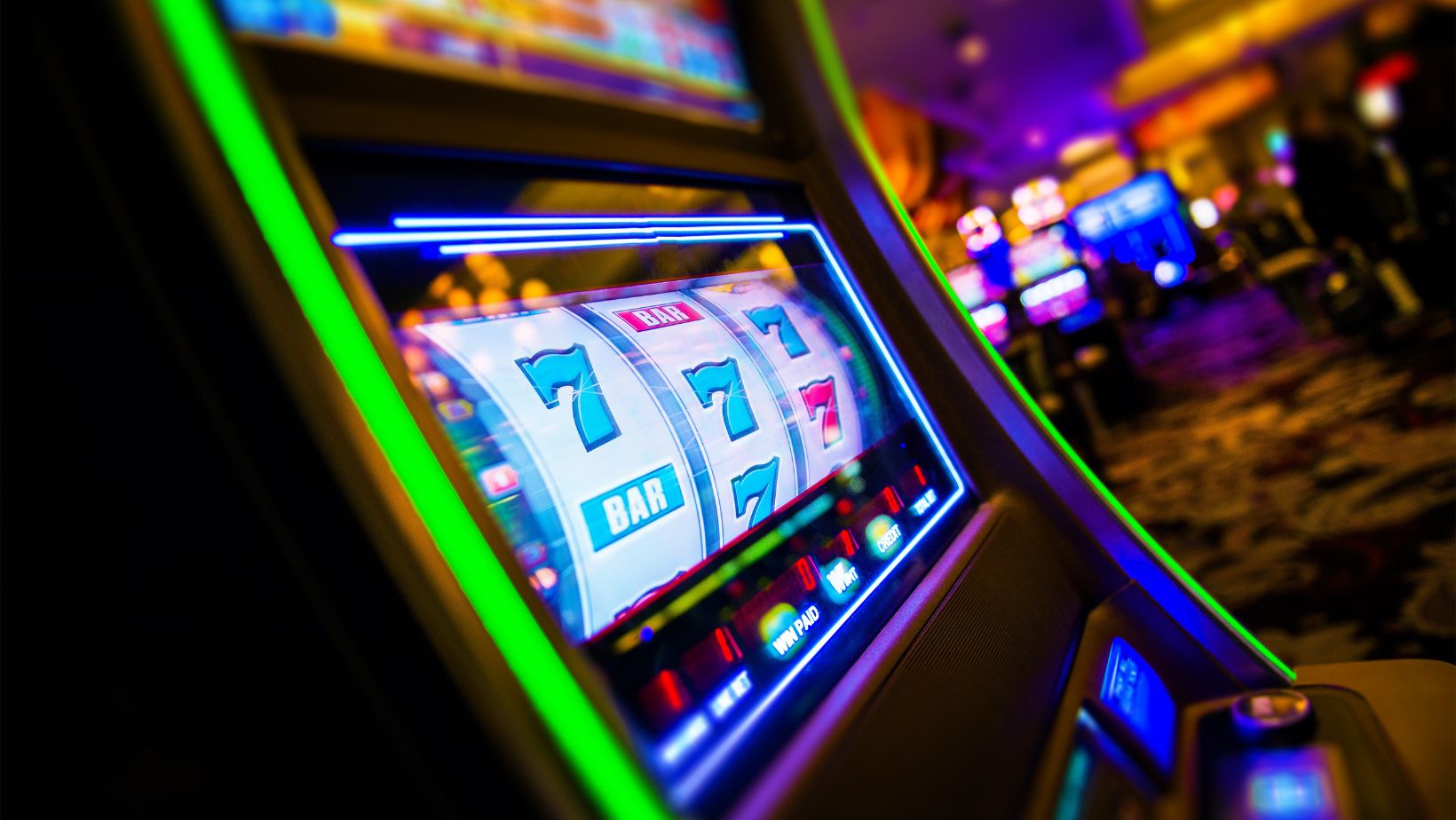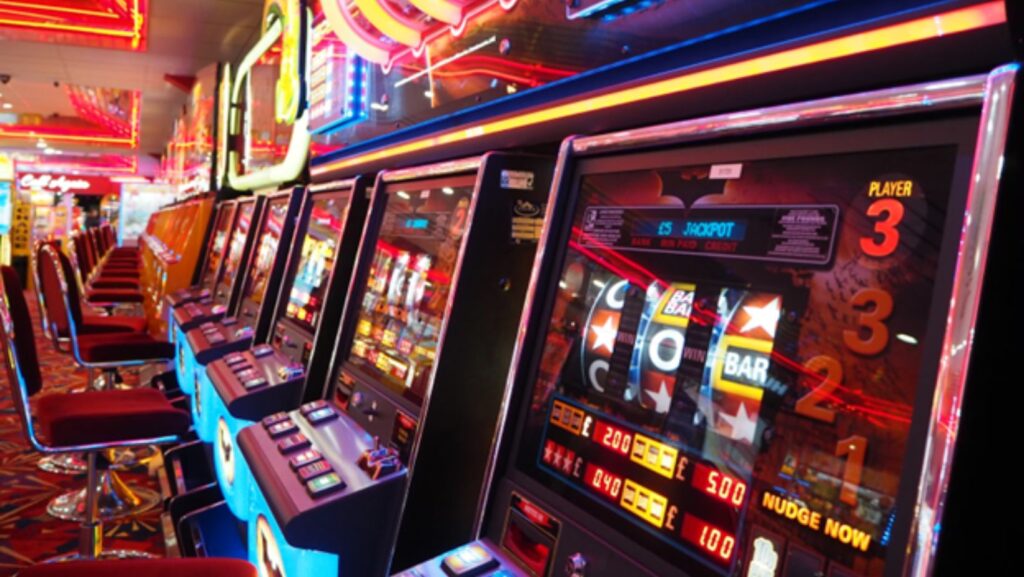Slot machines are a popular form of gambling in both land-based and online casinos. These games use a random number generator (RNG) to determine the outcome of each spin, making it impossible for players to predict which combination of symbols will appear on the reels.
While RNGs are used in many casino games, slot machines have some of the most complex RNGs in programming. In this guide, we’ll explore why this is the case and how these complex RNGs contribute to the excitement and fairness of slot machine gameplay.
The Basics of Random Number Generators
Before exploring the complexities of slot machine RNGs, it’s important to understand how they work. An RNG is a computer algorithm that generates a sequence of numbers that appear random. In reality, these numbers are determined by an advanced mathematical formula.
The critical aspect of RNGs is that they produce unpredictable and unbiased results, making them ideal for gambling games like pokies and slots, where fairness is essential. In the case of slot machines, the RNG determines which symbols will appear on the reels for each spin, ensuring that every outcome is entirely random.
Slot Machine RNGs
While all RNGs have the same fundamental purpose, slot machine RNGs are much more complex than those used in other casino games. This is because slot machines have multiple pay lines and symbols, each with different probabilities of appearing on a spin.
In addition, modern slot machines often feature bonus rounds, free spins, and progressive jackpots, all of which require additional programming for the RNG to determine outcomes fairly. This complexity makes it incredibly difficult for players to predict or manipulate the results of a spin.
Contributing Factors to Complexity
Several key factors contribute to the complexity of slot machine RNGs. As already mentioned, these include the number of pay lines, symbols, and bonus features, as well as the use of pseudorandom number generators (PRNGs).

The more pay lines a slot machine has, the more combinations of symbols are possible on each spin. This increases the complexity of the RNG algorithm needed to ensure fair results.
Similarly, an increase in the number of symbols used in a slot game also adds to the complexity of the RNG. Each symbol must have its probability of appearing on a spin, making it challenging for programmers to create a truly random outcome.
Bonus features such as free spins and mini-games require additional RNG programming to ensure they are triggered randomly and fairly. This adds another layer of complexity to the already intricate slot machine RNGs.
Finally, many slot machines use PRNGs in conjunction with traditional RNGs. These algorithms generate a sequence of numbers based on a specific starting point, known as a seed value. By using both types of RNGs together, slot machines can produce even more unpredictable and unbiased results.
Legal Regulations and Compliance
Another reason for the complexity of slot machine RNGs is the strict regulations and compliance requirements set by governing bodies. These bodies mandate that casinos use complex RNG systems in their slot machines to ensure fairness and prevent manipulation.
For example, in the United States, all electronic gaming machines (including slot machines) are regulated by individual state governments and follow strict guidelines for RNG usage. These regulations help to protect players and maintain the integrity of the gambling industry.
Evolution of RNG Technology
RNG technology has come a long way since its introduction in the gambling industry. With computing and software development advancements, slot machine RNGs continue to evolve and become even more complex.

One of the most significant changes in RNG technology is using algorithms that can produce truly random results rather than just unpredictable ones. This helps to ensure fairness further and eliminates any potential bias or patterns in game outcomes.
Additionally, as virtual reality and augmented reality technologies become more prevalent, we may see even more complex RNGs used in slot machines to enhance the gaming experience and create a greater sense of immersion for players.
Challenges and Controversies
Despite the advancements in RNG technology, there have been controversies surrounding slot machine RNGs. Some players believe that casinos can manipulate RNGs to favor specific outcomes, while others claim they have found patterns or strategies to increase their chances of winning.
However, regulatory bodies and independent testing agencies continue to ensure the fairness of slot machine RNGs, making manipulation or bias highly unlikely. As with any form of gambling, there will always be a certain level of risk involved, and slot machine RNGs are no exception.
Wrapping Up
Slot machine RNGs are complex pieces of programming that play a critical role in ensuring fairness and excitement in gambling. From simple games with just a few symbols to modern machines with intricate bonus rounds and jackpots, RNGs continue to evolve and play a crucial role in gaming.
As technology advances, we can expect even more complex and advanced RNGs to be used in slot machines, further enhancing the gaming experience for players. So, it is vital for casinos to continually update and improve their RNG systems while following legal regulations and compliance standards to maintain fairness and trust among their players.

